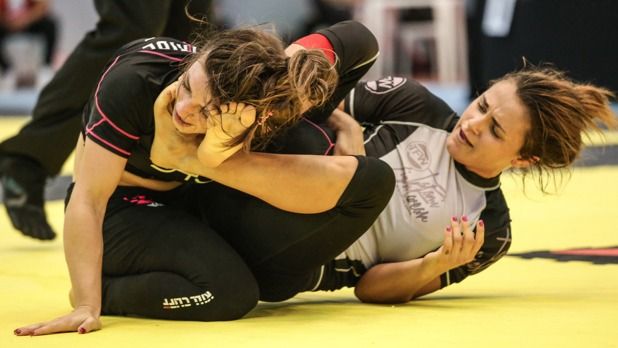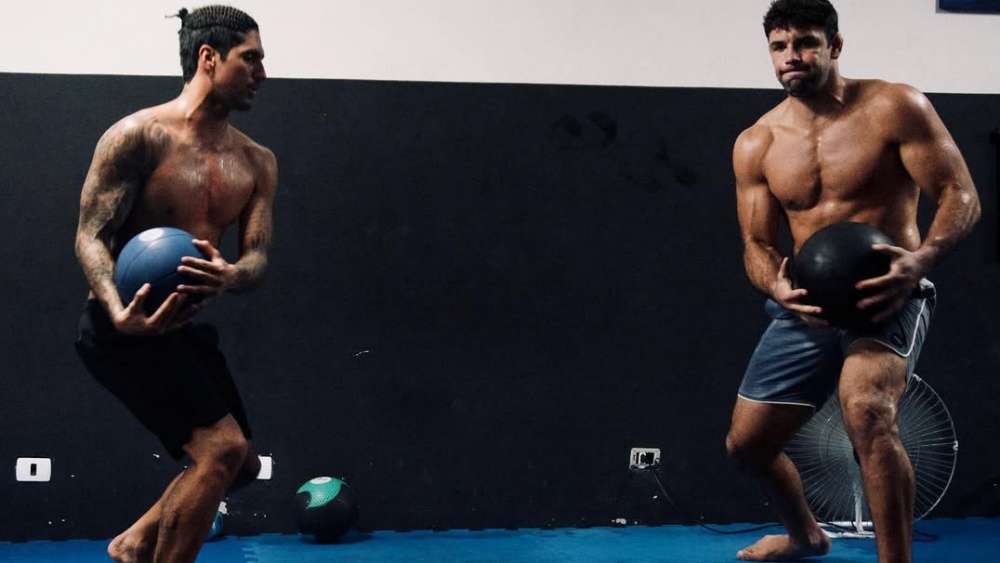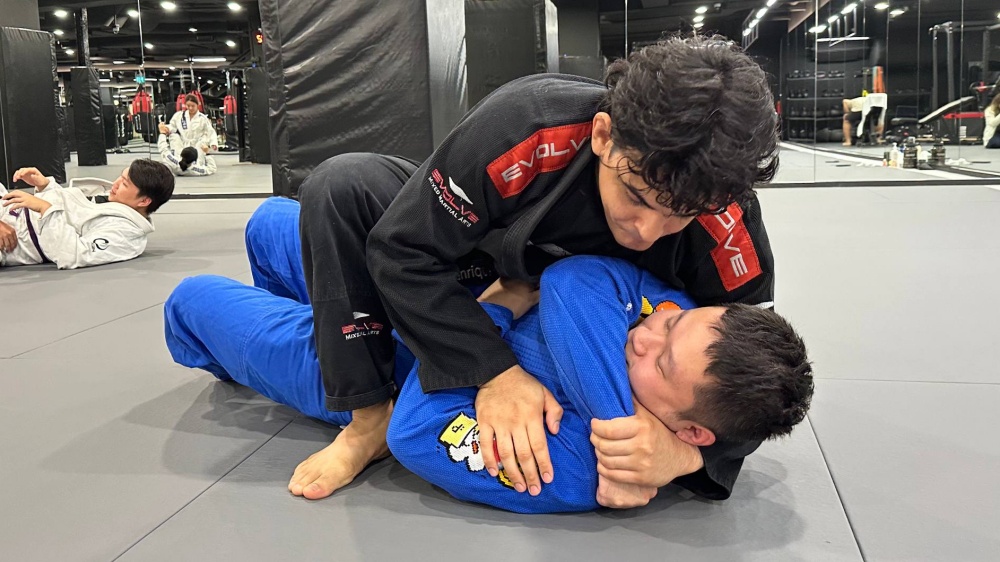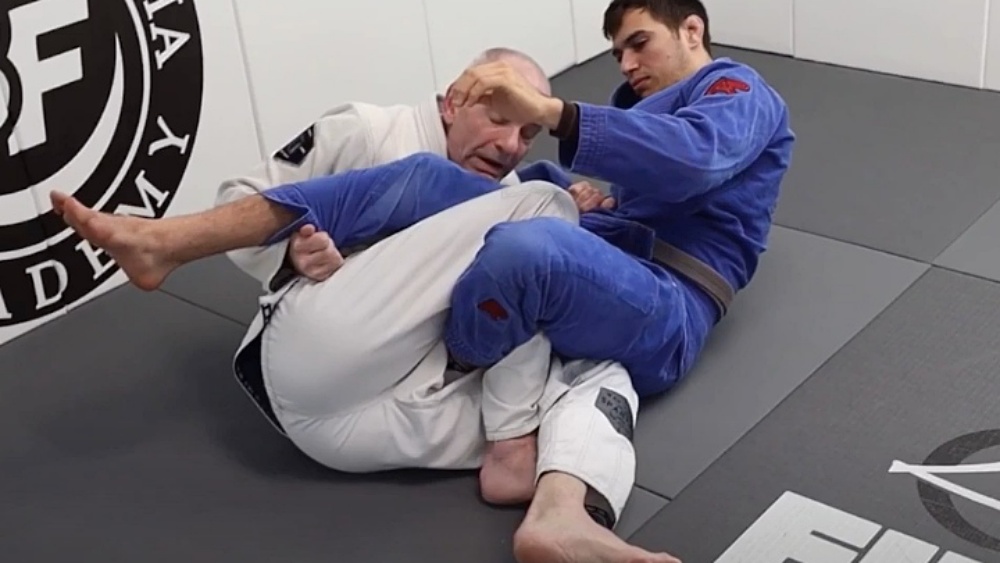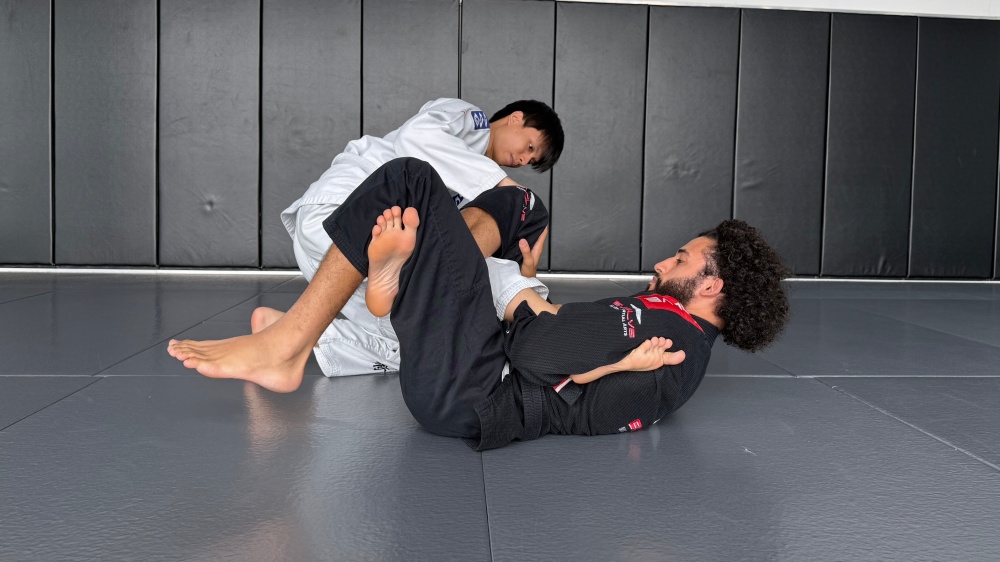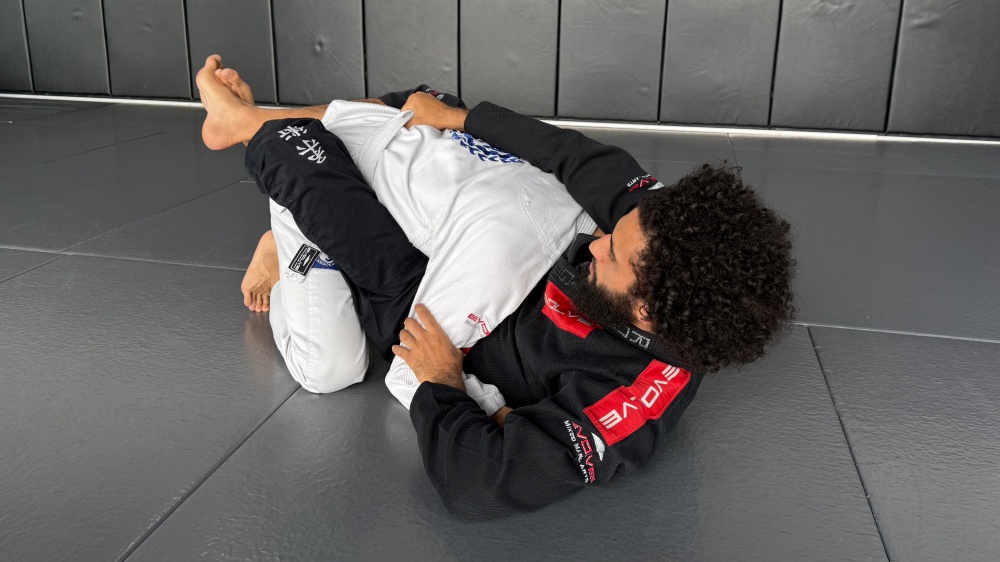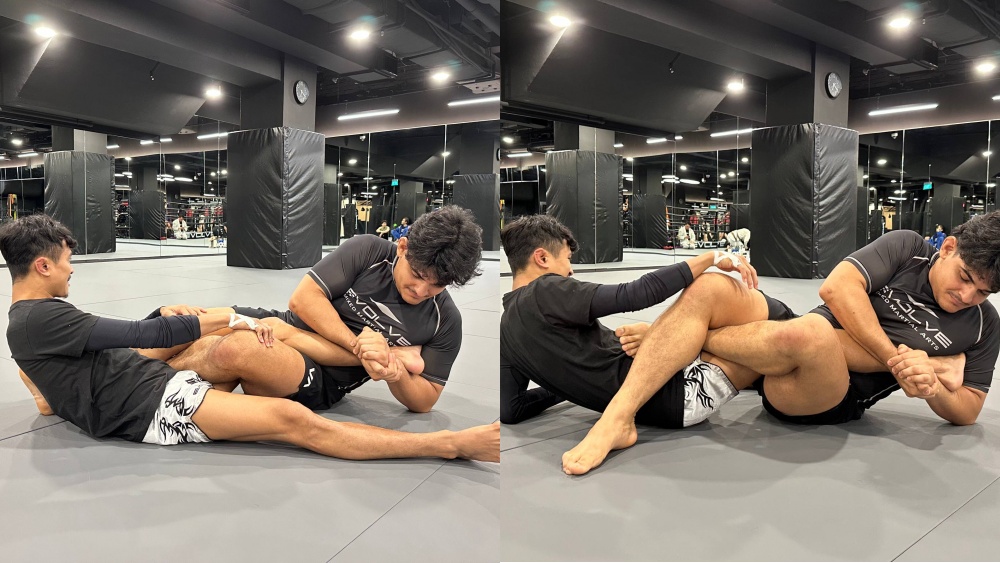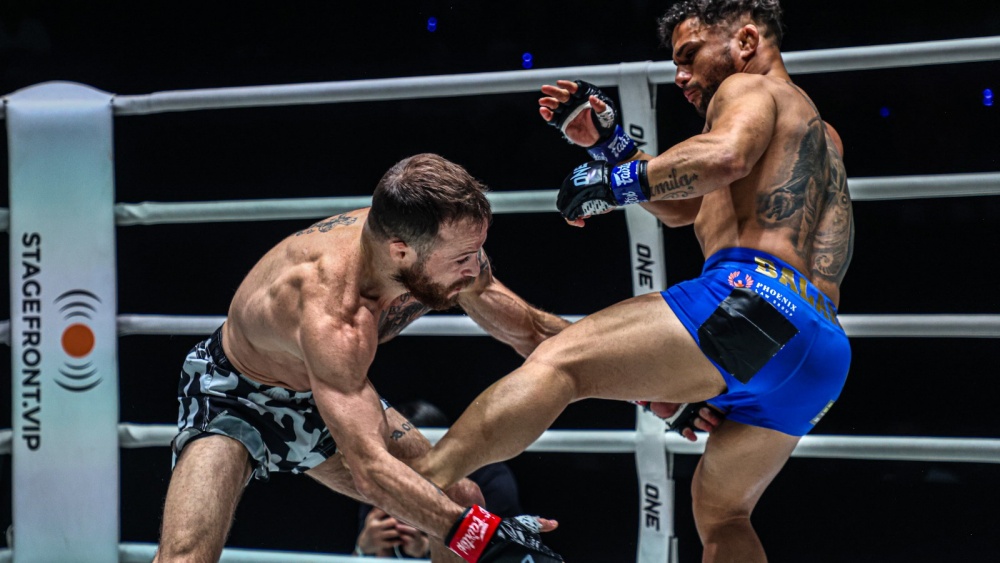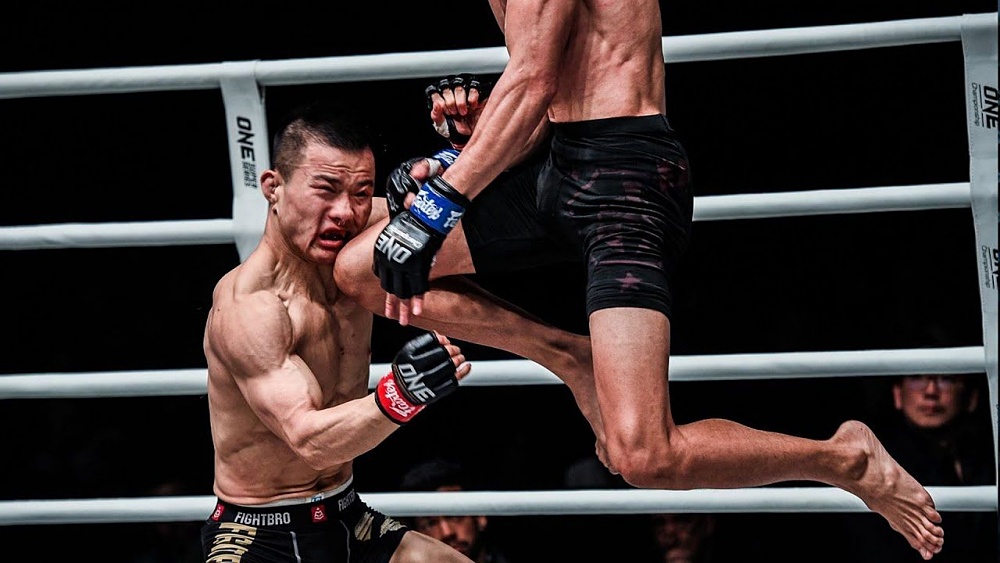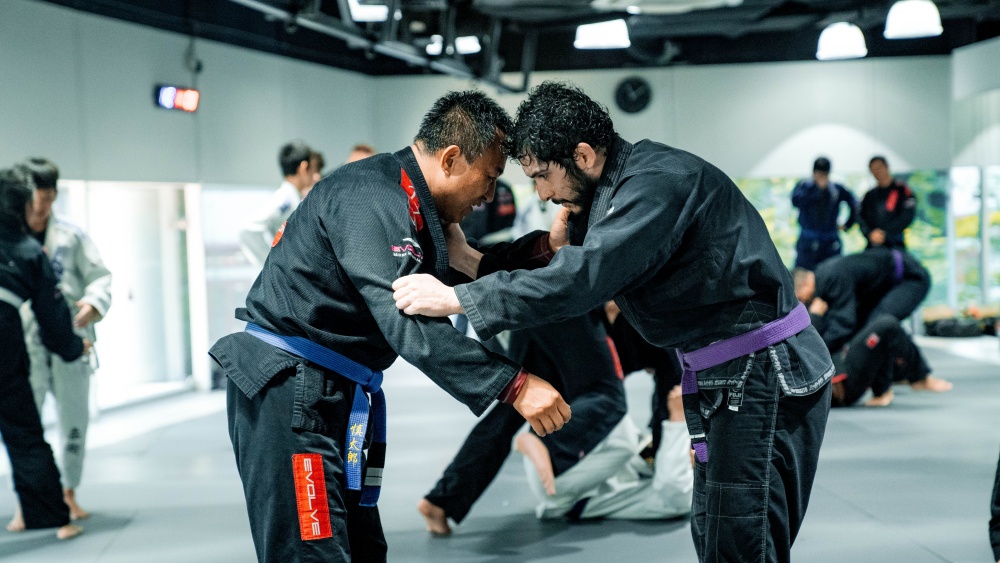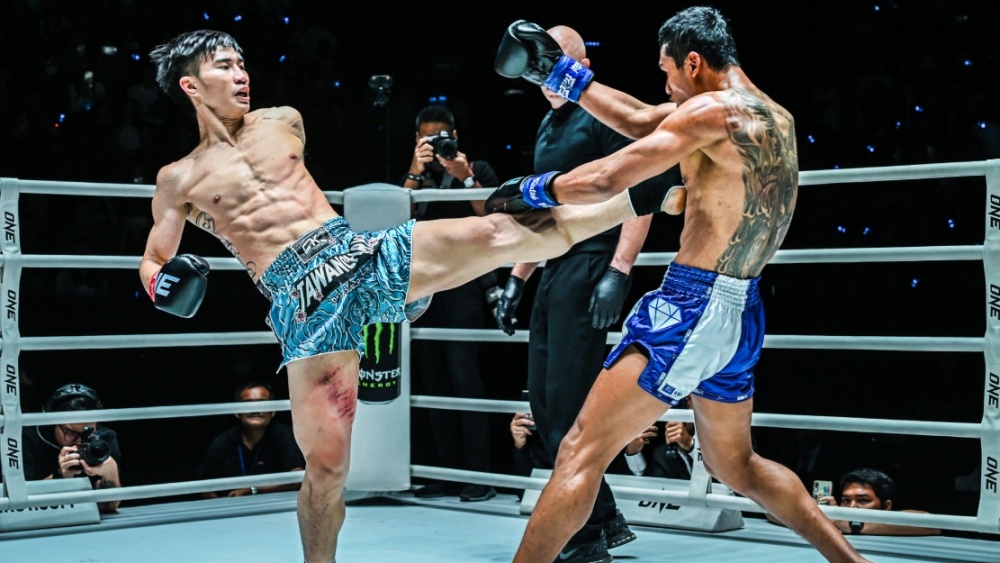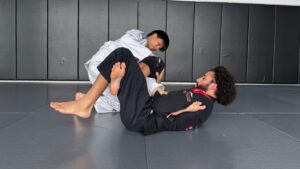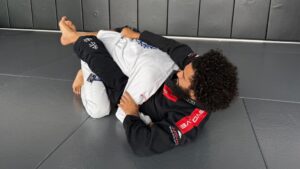The best competitors in the art of Brazilian Jiu-Jitsu: Michelle Nicolini, Leandro Lo, Keenan Cornelius, Rafael Mendes, Caio Terra, Michael Langhi and the Miyao Brothers have one thing in common – they all have amazing guard games.
To watch a great guard player is a thing of beauty. He is technical, fast, his movements seamless and precise. After all, it takes a lot of skill to have a great open guard. It is a versatile position that never stops evolving, constantly adapting to new passing styles over the years.
If you are a guard player and looking to develop an impassable guard, read on as Evolve Daily shares 6 Secrets To An Impassable Guard For Brazilian Jiu-Jitsu:
1) You must know how to pass the guard
Having a great guard game and guard passing game go hand in hand. In order to know which guard to use against your opponent, you must know which passes he will use.
For example, if you have your opponent in the spider guard, and he tries to pass it with a leg drag, you must be able to switch guards immediately before he finishes the pass. In order to do so, you must know the finer details behind the pass so you can stay two steps ahead.
2) Don’t let your opponent control your hips
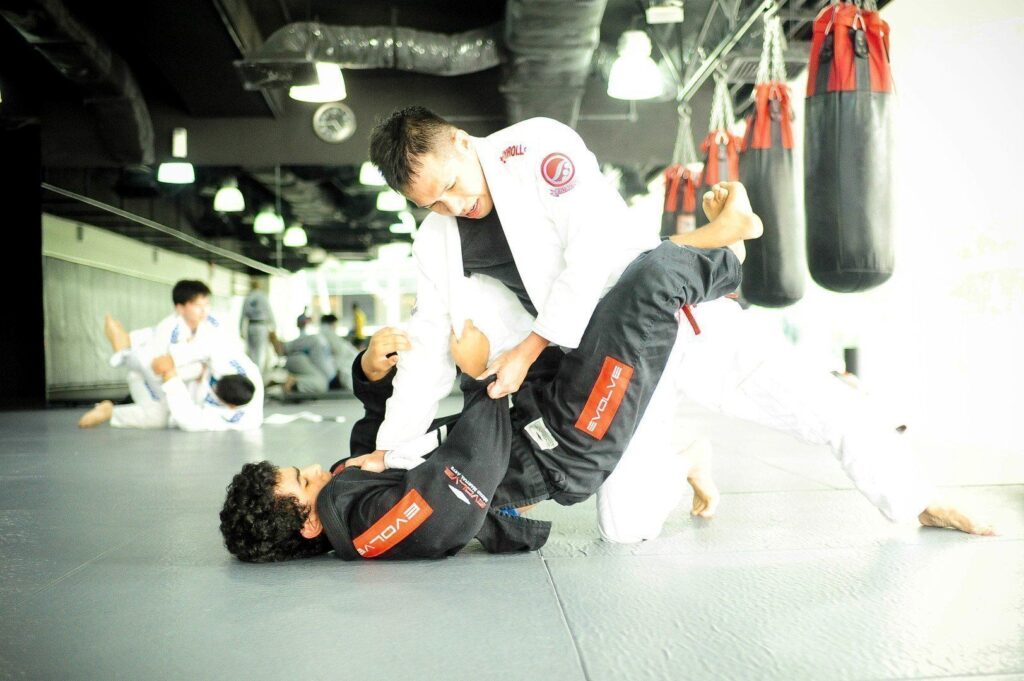
When you’re about to get your guard passed, the best way to recover is to create space and get back in the guard. Whether you choose to upa, shrimp out or grab an underhook, you will need to use your hips.
Any good guard passer knows that he needs to control his opponent’s hips to successfully complete a pass. After all, in Brazilian Jiu-Jitsu, anyone who controls the hips is winning the spar, regardless of the position he or she is in.
3) Always be on the offensive
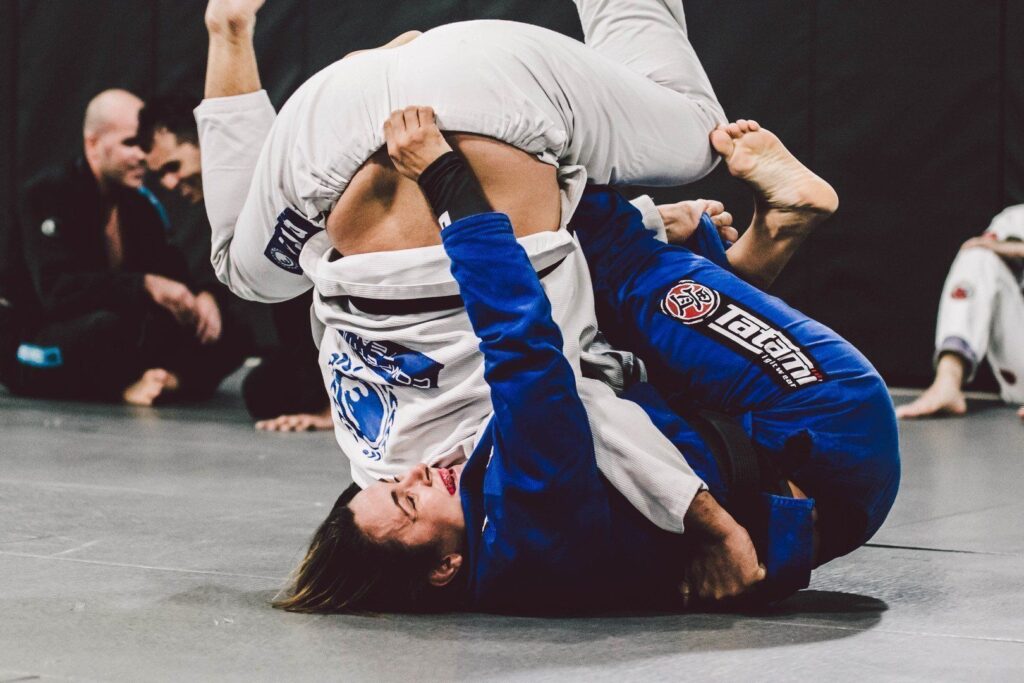
A great guard player is always on the offensive. He is always looking to sweep or submit and will do anything to achieve this, even if it requires switching to another guard or two. Always being on the offensive means that you will need to move – a lot!
In our article on how to improve your guard, we talked about the importance of good hip movement. Applying this to your game will give you the space, leverage and force you need in order to attack.
4) Frame!
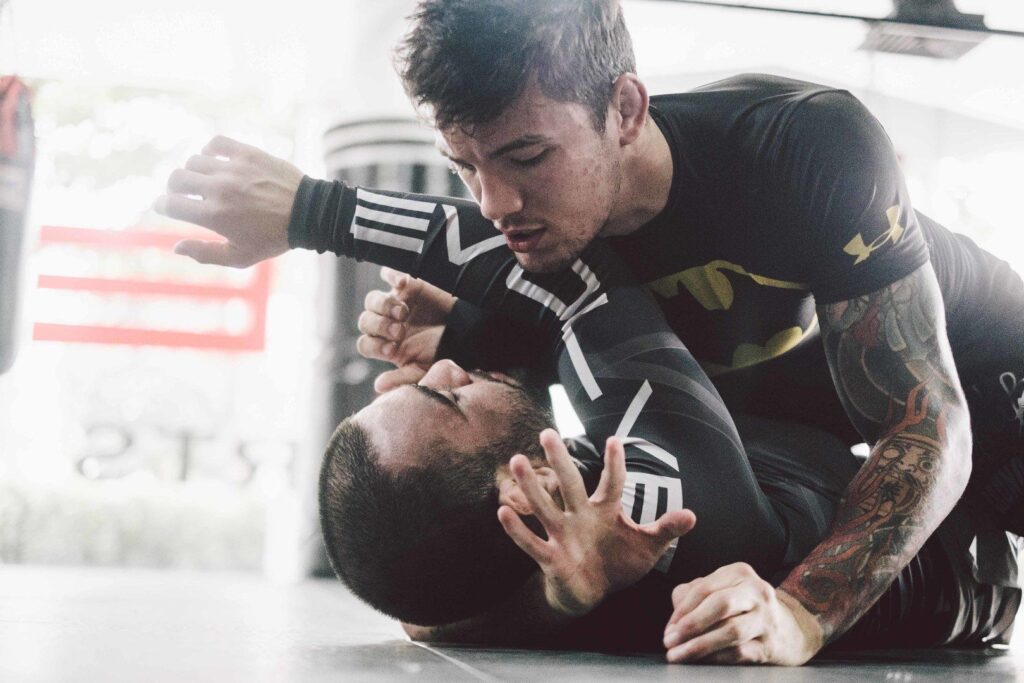
To successfully recover your guard, you will need space to move your hips. Just like we mentioned in the second point, if your hips can move, you can easily defend a pass or even attack.
To create space, you must frame with either your feet, knees or forearms (or sometimes a combination of all three). When you’re on your back and gravity is against you, using frames is very important especially because your opponent is more mobile.
5) Anticipate your opponent’s next move
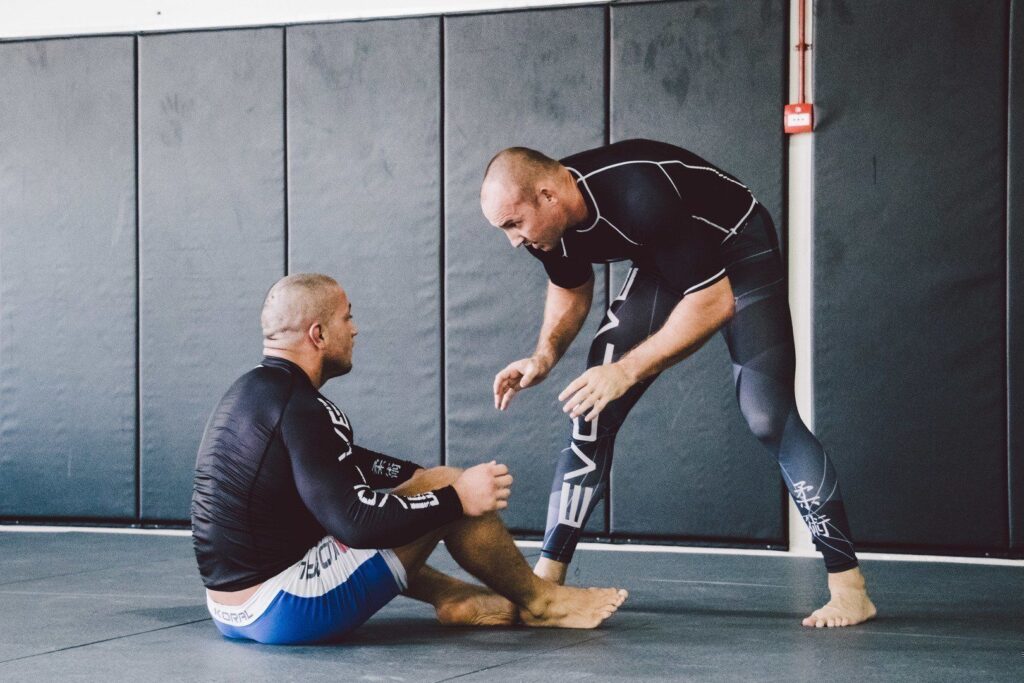
If you’ve been training BJJ long enough, you’ll know how important it is to anticipate your opponent’s next move. To be successful in any match, you will need to stay at least two steps ahead of your opponent at all times. If you’re playing guard, you will need to have at least 3 attacks ready for every pass your opponent tries.
6) Win the grip fighting game
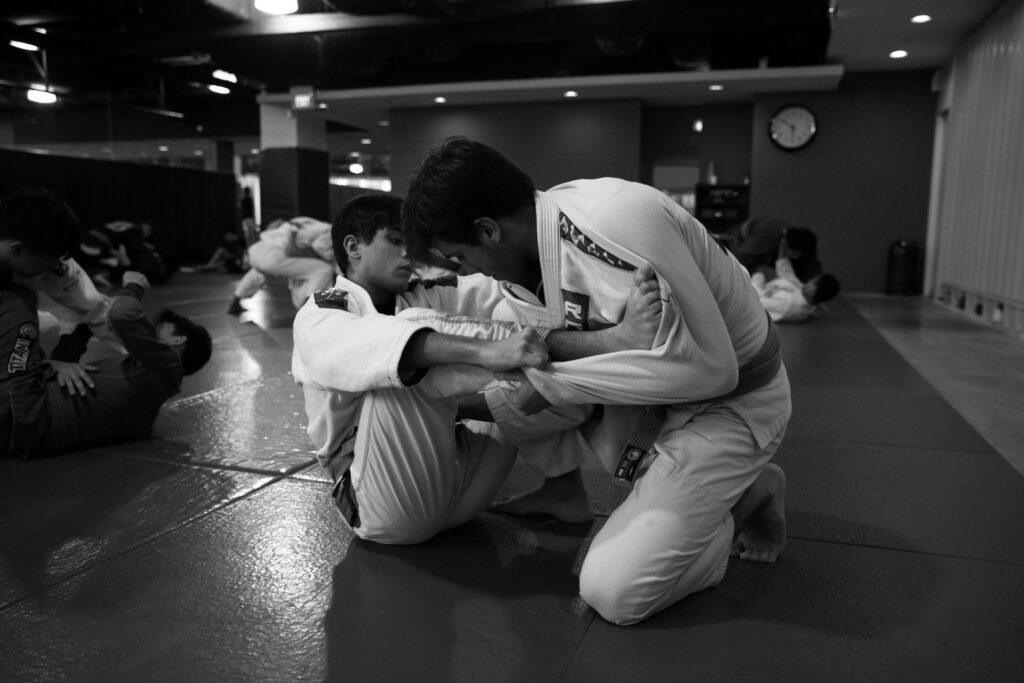
In order to establish control over your opponent, you will need to win the grip fighting game, or get good grips before he or she does. Doing so will help you establish your guard and get into position to attack, preventing your opponent from doing anything.
Because you choose to play guard, you will need to maintain 3 points of contact with your opponent. This means that at least one hand and one foot should be used to control your opponent at all times. To control your opponent, you must have good, strong grips to enforce your game.
Although the open guard is a very complex position with many different variations, it is one of the most powerful ways to control your opponent. The open guard, for many, is the essence of Brazilian Jiu-Jitsu, and therefore worth mastering.
So tell us, which of these techniques will you try today?
